Lincolnshire Police seeks powers to take away hare-coursing dogs
- Published
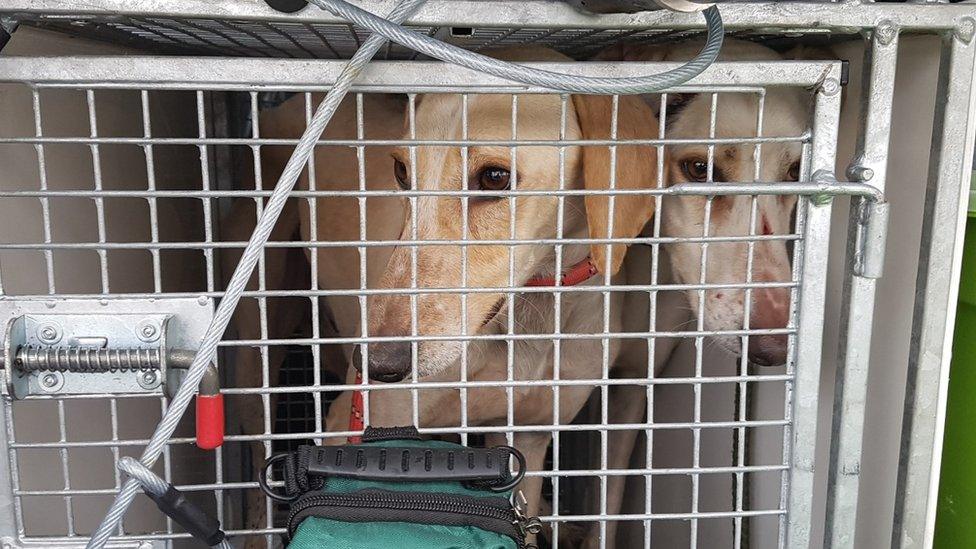
Ch Insp Phil Vickers is campaigning for the courts to be given more powers to remove dogs used by offenders
A senior police officer is calling for courts to be given more powers to remove dogs used by convicted hare coursers.
Ch Insp Phil Vickers. of Lincolnshire Police, said in most cases the courts were legally obliged to return the animals to their owners.
"And that is really frustrating for us," he said.
A government spokesperson said: "We are clear that those found guilty should be subject to the full force of the law."
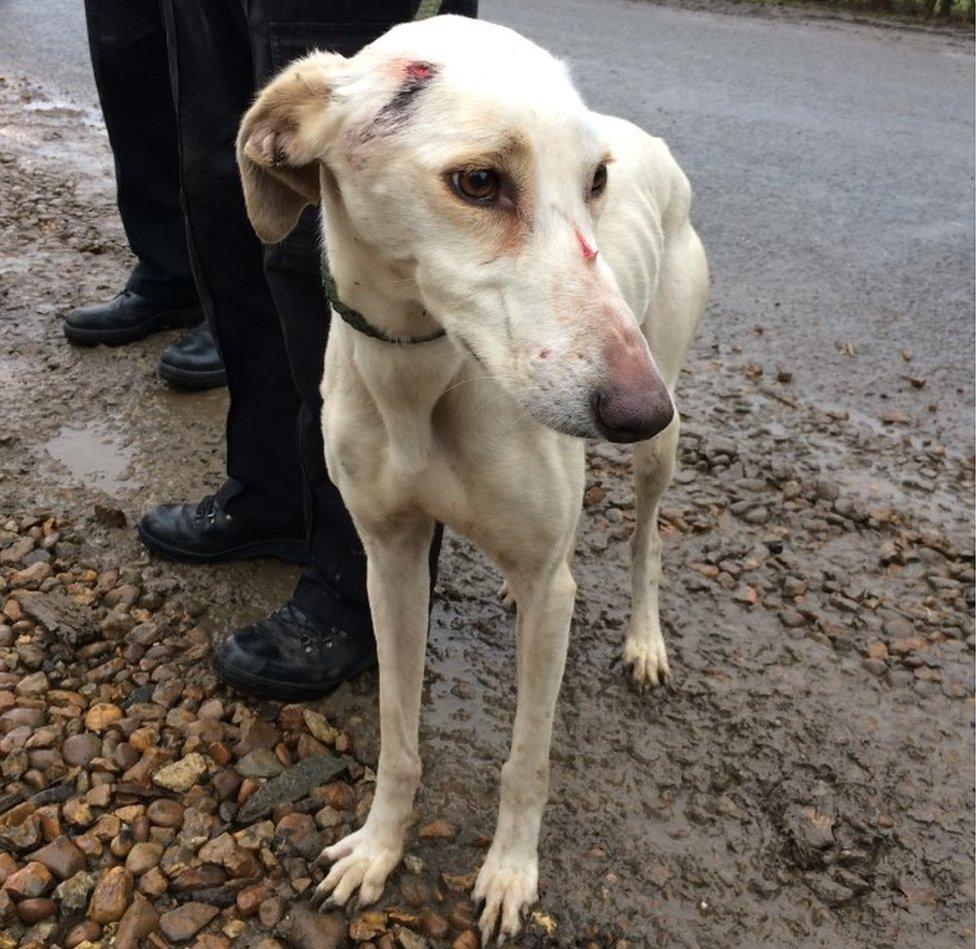
The force has used the tactic of seizing dogs since 2018
Lincolnshire Police started seizing dogs in 2018, and said it saw a 30% reduction in offences compared to the previous year.
"It is the one thing offenders really fear," Mr Vickers said.
"Seizing those dogs is good, and for the period we've got the dog clearly they are not being used to offend - it is the tool of the trade."
However, he said if the dogs were permanently taken away it would be even more of a deterrent.
The force is also taking DNA from dogs in a bid to prove they have been used illegally to catch hares.

Hare coursing
Traditionally, coursing starts to happen more in the autumn after crops have been harvested and this continues until the spring
Dogs - usually greyhounds, lurchers or salukis - are kept on a threaded slip lead that can be easily released
Coursers will walk along fields to frighten the hare into the open
The dog catches the hare and kills it by "ragging" it - shaking the animal in its teeth
The dead hare is usually left in the field or thrown into a ditch
Since 2005, hare coursing has been illegal throughout the UK
Source: Lincolnshire Police

Follow BBC East Yorkshire and Lincolnshire on Facebook, external, Twitter, external, and Instagram, external. Send your story ideas to yorkslincs.news@bbc.co.uk, external.
- Published3 October 2020
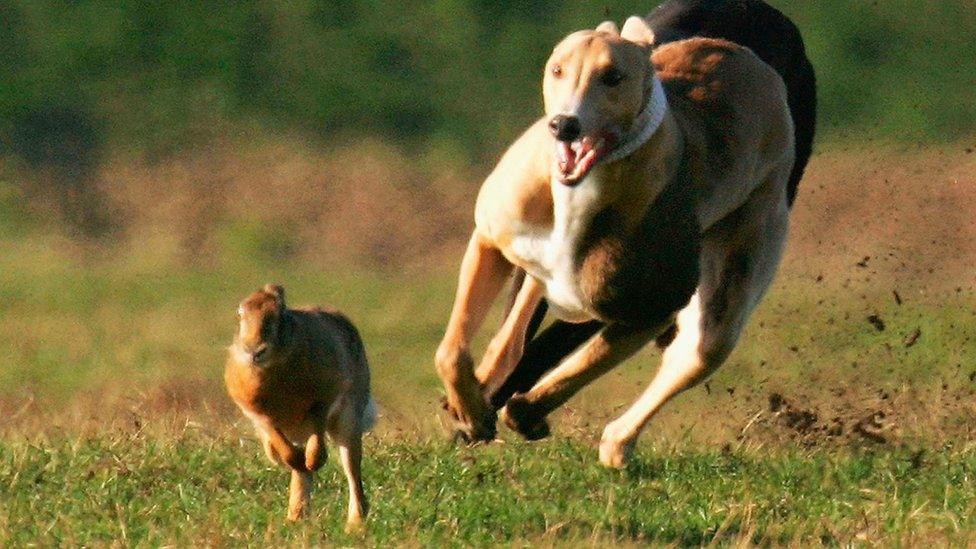
- Published25 December 2018
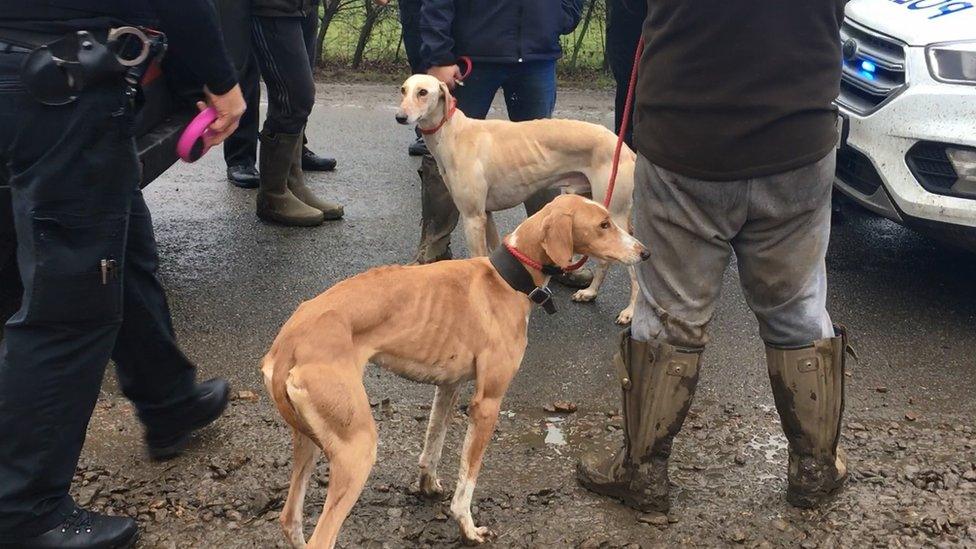
- Published28 December 2017
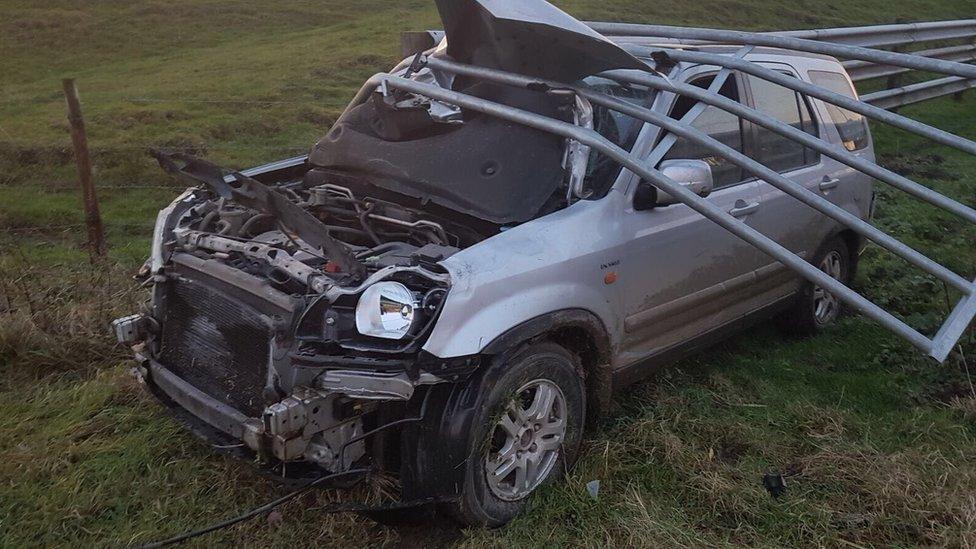
- Published22 December 2017

- Published21 January 2017
